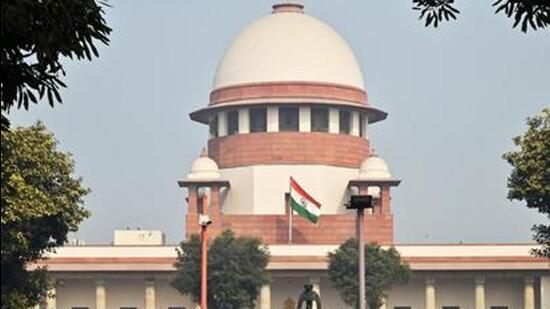
Calling someone ‘Miyan-Tiyan’ & ‘Pakistani’ not an offence: Supreme Court
The Supreme Court of India has recently made a significant ruling in a case that has been making headlines across the country. In a recent judgment, the court has ruled that calling someone “Miyan-Tiyan” and “Pakistani” is not an offence and does not constitute a criminal act. The ruling was made in response to a case filed against an 80-year-old man who was accused of hurling abuses at an Urdu translator in Jharkhand.
The case was filed by the translator, who claimed that the 80-year-old man had used derogatory language against him, including calling him “Miyan-Tiyan” and “Pakistani”. The translator alleged that these remarks were intended to hurt his religious sentiments and were made in a derogatory manner.
However, the Supreme Court did not find any evidence to support the translator’s claims. In its ruling, the court said that while the remarks made by the 80-year-old man were indeed in poor taste, they did not amount to hurting the religious sentiments of the translator.
The court’s ruling was based on the fact that the translator was an adult and was capable of understanding the context in which the remarks were made. The court also took into account the fact that the 80-year-old man was an elderly person and was unlikely to have intended to cause any harm to the translator.
The court’s ruling has been widely welcomed by many as a common-sense decision that recognizes the importance of freedom of speech and expression. Many have argued that the case was an example of the need to balance individual rights with the need to protect religious sentiments.
However, not everyone agrees with the court’s ruling. Some have argued that the remarks made by the 80-year-old man were indeed offensive and should be condemned. They argue that the court’s ruling sets a bad precedent and could encourage people to use derogatory language without fear of consequence.
The case has also raised questions about the use of language and the impact it can have on people’s feelings and emotions. Many have argued that the use of derogatory language, regardless of whether it is intended to hurt or not, can still have a negative impact on people’s mental health and well-being.
In conclusion, the Supreme Court’s ruling in this case is a significant one that highlights the importance of balancing individual rights with the need to protect religious sentiments. While the remarks made by the 80-year-old man were indeed in poor taste, the court’s decision not to criminalize them is a sensible one that recognizes the importance of freedom of speech and expression.






